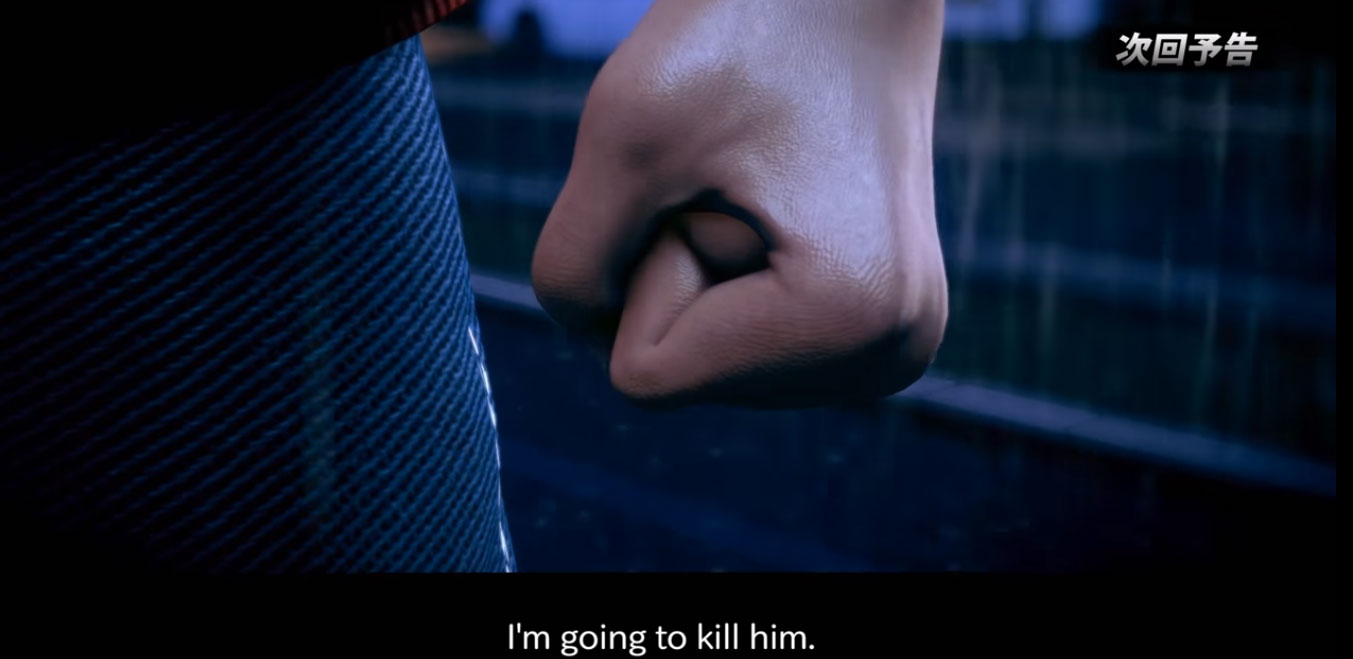What is it for? When should we not use it?
In this part, we will cover point
- Future & Continuous action
- Plans
- Decisions I
- Decisions II
- Opinions / Predictions
- Future Perfect
Decisions I
There are three ways to express decisions: I will, I am going to & I was going to.
Of course you can also say, I decided to or I have decided to, but using will and going to is more usual.
Decision now = I will
Use future simple to express an action in the future.
The future simple is also used to express a decision that is made now, often as a reaction.
subject + will + infinitive without to
You see an old person with a heavy suitcase near the stairs. You say:
O: I’ll help you
X: I help you
X: I am helping you
Reminder: I will (formal) = I’ll (casual)
When you decide to do something, even if the action starts as you say it, we still use the future simple.
– I woke up late, please tell the tournament organiser!
X: OK, I do that!
O: OK, I’ll do that!
– Well, it’s late, I have to go.
X: I call a taxi.
O: I’ll call a taxi.
-You’ve forgotten to register.
-Ah, I’ll do that now.
As a reaction, use future simple to express a decision made now.
No, I won’t give you my ice cream!
Decision before = I’m going to
I’m going to watch the next episode right now!
This is different to the future simple. This expresses a decision that was made in the past.
subject + (to be) + going + (to infinitive)
I am going to watch the next episode = I have decided to watch the next episode. I am expressing the decision was made before speaking.
“I have decided to” is the same as I am going to, but it is more formal.
I will watch the next episode = I decided now / as I speak, or just before.
I’m going to go to the cinema
I’m going to kill you!
Notice the difference!
- I’ll kill you
- I’m going to kill you
Both can be said as an immediate response –
but the first shows the action in the future or a decision made now while the second shows a decision made in the past.
Usage
Furious, not thinking, snapping, violent, aggressive : I’ll kill you
Thinking, planning, threatening, incredulous: I’m going to kill you
NEXT
- Future vs Continuous action
- Plans
- Decisions I
- Decision II
- Opinions / Predictions
- Future Perfect
Credits / Sources:
Cambridge English Grammar in Use by Raymond Murphy
Cambridge CELTA
The King of Fighters is copyright SNK


